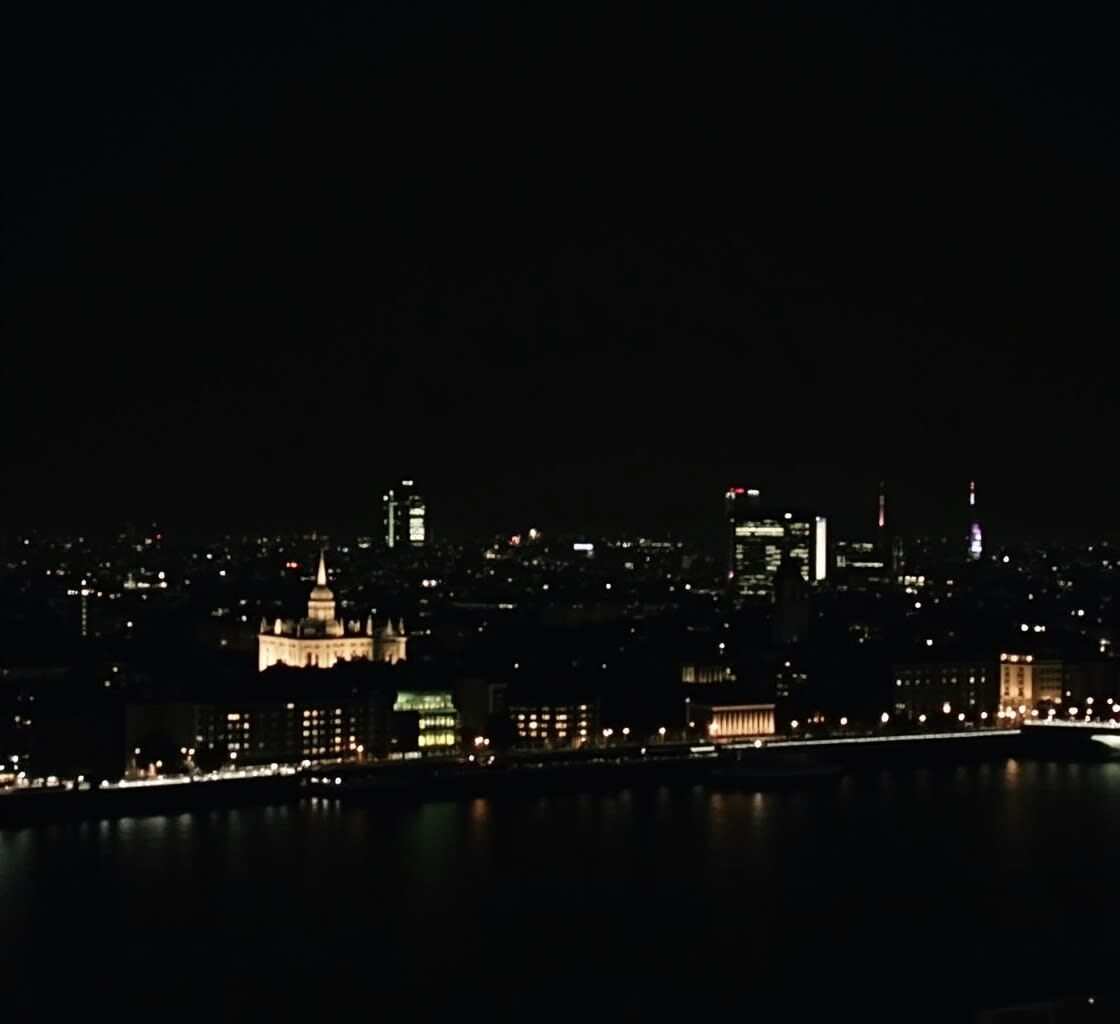Lights Out London: A City in Darkness and Reflection
On the evening of August 4, 2014, at exactly 10 p.m., an extraordinary stillness settled over London. Iconic landmarks—Big Ben, the Houses of Parliament, Tower Bridge—dimmed their lights. Offices, homes, and public spaces joined in. For one hour, the city known for its bright, ever-glowing skyline plunged into quiet darkness. It was not a power failure or an act of protest. It was an act of remembrance. This was “Lights Out London,” a powerful commemorative event marking the centenary of Britain’s entry into the First World War.
The Origins of ‘Lights Out’
The phrase “Lights Out” has deep historical roots. On August 4, 1914, as the United Kingdom declared war on Germany, Foreign Secretary Sir Edward Grey looked out his office window and remarked, “The lamps are going out all over Europe; we shall not see them lit again in our lifetime.” His chilling prophecy captured the dread that spread across the continent as war loomed.
A hundred years later, in 2014, the UK observed this moment by encouraging households, businesses, and institutions to turn off their lights from 10 to 11 p.m.—the exact hour of Britain’s war declaration. The symbolic act aimed to foster national reflection on the sacrifices made during the war and the profound loss it caused.
A City of Symbolism
Nowhere was the symbolism stronger than in London. As the capital city, it became the center of commemoration. Thousands of candles were lit at Westminster Abbey in a vigil of remembrance. Trafalgar Square, normally buzzing with light and tourists, stood in solemn darkness. Landmarks that define the city’s identity temporarily disappeared into the night, leaving behind only silhouettes and silence.
This event was not just about historical memory; it was about unity. People across all backgrounds, ages, and beliefs joined together in a collective pause. For an hour, the city that never stops took a breath.
Lights Out as a Broader Metaphor
The phrase “Lights Out London” has since taken on meanings beyond war commemoration. It has been used to refer to environmental campaigns aiming to reduce energy use and raise awareness about climate change. In this context, switching off lights becomes an act of ecological consciousness—a modern echo of wartime restraint.
This blending of memory and activism speaks to London’s evolving relationship with its past and its future. Whether the lights go out for remembrance or sustainability, the action asks Londoners to consider their place in a much larger story.
How Darkness Illuminates
Ironically, darkness can sometimes reveal more than light. During the 2014 Lights Out campaign, many Londoners reported a stronger sense of connection—to their city, to each other, to history. Without screens or streetlights dominating their view, people noticed the stars, heard the wind in the trees, or simply sat with their thoughts.
Public art installations during the event also encouraged introspection. One such project, titled “Spectra” by Japanese artist Ryoji Ikeda, featured a towering pillar of light that pierced the night sky from Victoria Tower Gardens. It symbolized both absence and presence—honoring the dead while pointing to the heavens.
Why It Still Matters Today
A decade later, the memory of Lights Out London endures. In a time of global tension, environmental crisis, and technological overload, its lessons feel even more urgent. We live in an era where darkness is rare and silence even rarer. “Lights Out” reminds us of the value of stillness, of remembering those who came before, and of reconsidering the world we are creating for those who will come after.
Events like Lights Out encourage active participation in remembrance—not just passive observance. They show how cities like London, with all their history and hustle, can slow down and look inward.
Conclusion: A Light That Never Fades
Though the lights came back on after that hour in 2014, something lasting remained. Lights Out London was never just about turning off a switch. It was a city-wide meditation on memory, sacrifice, and renewal. It proved that even in darkness, there is clarity. That even as lights go out, hope can remain. And that the flicker of a candle in a window can speak louder than neon ever could.
In our fast-moving, brightly lit world, perhaps we need more moments like this—where silence speaks, darkness teaches, and a city as vast as London comes together in a single, shared heartbeat.
